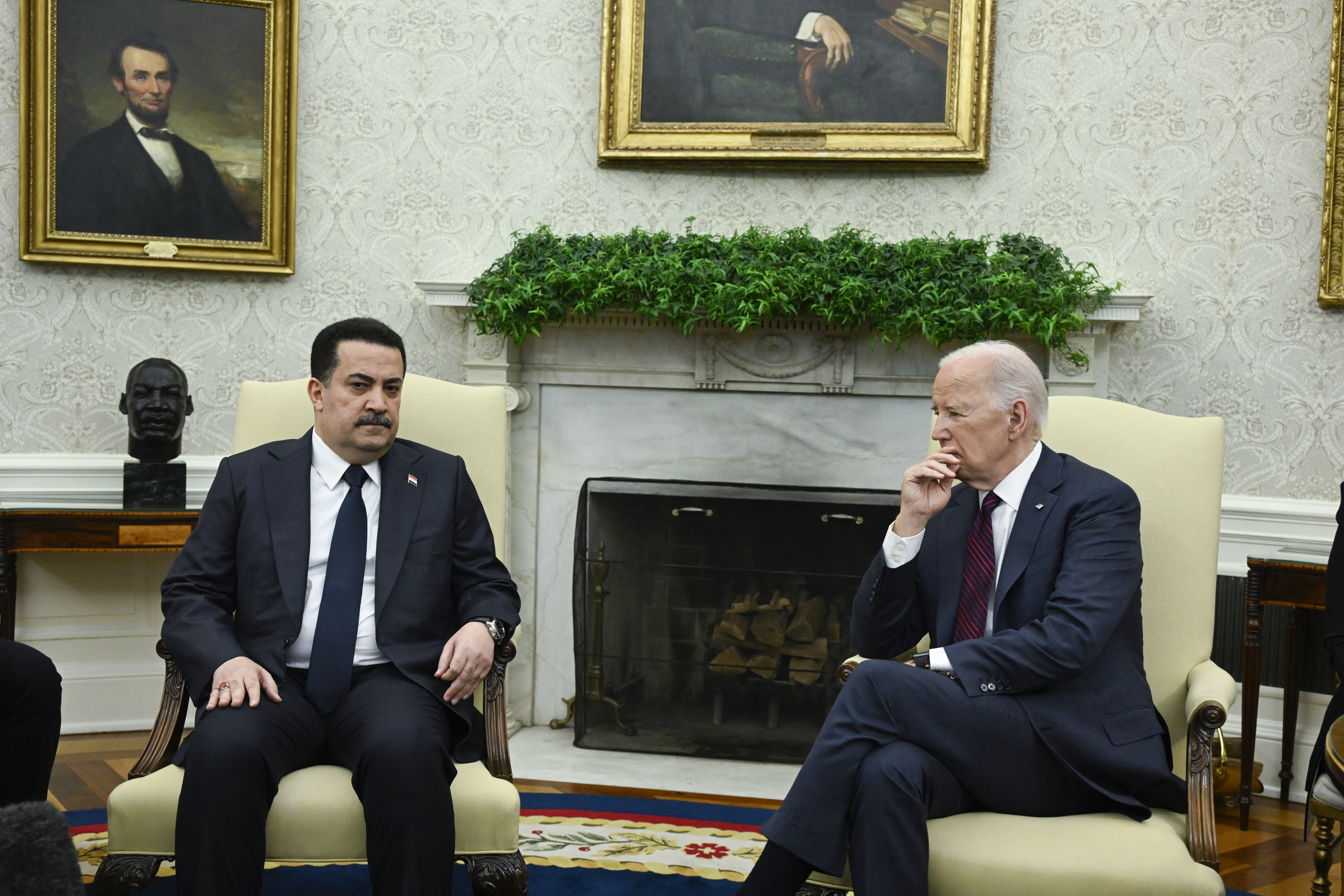Iran tells European partners to abide by conditions of nuclear deal

ERBIL, Kurdistan Region — Iranian Foreign Minister Javad Zarif claimed on Monday that Tehran is not prohibited from enriching uranium by the 2015 nuclear deal, UN Security Council resolutions, or a global pact to prevent the spread of atomic arms. His comments come after a French diplomat implied that the Islamic Republic is prohibited from enriching uranium.
"Reminder to our E3 partners in #JCPOA: There is NO prohibition on the enrichment of uranium by Iran under #NPT, #JCPOA or UNSCR 2231. Neither now, nor in 2025 or beyond," he tweeted. Iran summoned French ambassador to Tehran on Sunday protesting about the remarks by the French diplomat with Abbas Araqchi, the political deputy at the foreign ministry calling on the French government to make its position clear on the issue.
The "E3" refers to the European Union triumvirate of France, Germany and the United Kingdom, which were the European cosigners of the Iran nuclear deal (also known as the Joint Comprehensive Plan of Action [JCPOA]).
The Institute for Science and International Security, a Washington-based think-tank, has reported that some "loopholes" in the deal existed which would allow Iran to keep stocks of low enriched uranium that can be purified into weapons-grade uranium.
"Might be useful for European partners to actually read the document they signed on to, and pledged to defend," added Zarif.
According to International Atomic Energy Agency (IAEA) in November, Iran’s stockpiles of low-enriched uranium stood at 149.4kg which is 10kg up from the time of its last report in August. However, based on the IAEA report this is still well within the limits set by the JCPOA.
The tweet by Iran's top diplomat was an apparent response to remarks by France Ambassador to the United States Gerard Araud.
“It’s false to say that at the expiration of the JCPOA (the nuclear deal), Iran will be allowed to enrich uranium,” he said on Twitter on Saturday according to Reuters. However the tweet appears to have been removed later.
Araud, who is set to retire on April 20, added that sanctions could be re-imposed.
Iran claims its supplies of uranium are for energy production and medical purposes, arguing it has a right to nuclear reactor fuel as a cosigner of the Non-Proliferation Treaty.
Iran has centrifuges at two facilities: Fordo and Natanz — both separate the enriched Uranium-235 isotope from uranium hexafloride gas.
"Low-enriched uranium, which has a 3-4 percent concentration of U-235, can be used to produce fuel for nuclear power plants. 'Weapons-grade' uranium is 90-percent enriched," BBC News has reported.
The JCPOA limits Iran to installing no more than 5,060 of its oldest and least efficient centrifuges at Natanz until 2031 — 15 years after the deal was implemented.
"Iran's uranium stockpile was reduced by 98 percent to 300kg (660lbs), a figure that must not be exceeded until 2031. It must also keep the stockpile's level of enrichment at 3.67 percent," the BBC added.
The nuclear deal was reached between Iran and the permanent members of the UN Security Council (China, France, Russia, the UK and the US) plus Germany (P5+1) under former US President Barack Obama's administration in July 2015 and came into effect in January 2016.
The United States pulled out of the deal last year as US President Donald Trump called it the "worst deal ever." His administration has re-imposed wide-ranging sanctions against Iran's energy, shipping, financial sectors that had been waived as part of the 2015 nuclear deal.
Iran is hopeful that European cosigners will work to salvage the deal; however European companies are under increasing pressure to comply with US sanctions for their own business interests — putting nuclear deal advocates in a quagmire.
Earlier this month, Washington designated Iran's powerful Islamic Revolutionary Guard Corps (IRGC) as a foreign terrorist organization. Iran reciprocated Washington’s action by designating the United States Central Command (CENTCOM) whose area of responsibility stretches from Northeast Africa across the Middle East to Central and South Asia, as a terrorist entity.
The IRGC is heavily entrenched in many economic activities in Iran.

